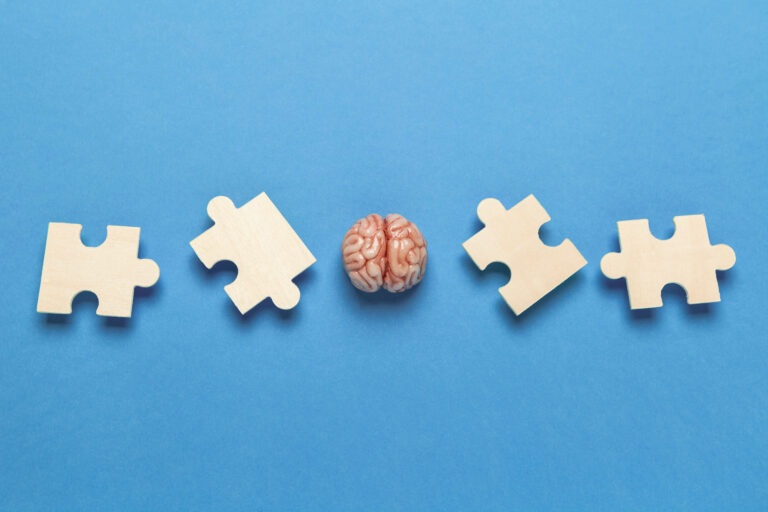Amphetamines are powerful stimulant drugs that affect the brain by changing how certain chemical messengers, called neurotransmitters, are released and used. When someone takes amphetamines, these drugs cause a significant increase in the release of several key neurotransmitters, which leads to their stimulating effects.
The main neurotransmitters released from amphetamines include:
– **Dopamine**: Amphetamines cause a large release of dopamine in the brain. Dopamine is often called the “feel-good” chemical because it plays a major role in pleasure, motivation, and reward. By flooding the brain with dopamine, amphetamines create intense feelings of euphoria and increased energy[4][5].
– **Norepinephrine (Noradrenaline)**: This neurotransmitter is involved in alertness and arousal. Amphetamines increase norepinephrine levels as well, which contributes to heightened attention and physical stimulation[2][4].
– **Serotonin**: Although less pronounced than dopamine or norepinephrine release, amphetamines also increase serotonin levels to some extent. Serotonin affects mood regulation and can influence feelings of well-being[4].
Amphetamines work by entering nerve cells and triggering multiple processes inside them. One important effect is that they prevent these neurotransmitters from being taken back up into cells after they have been released (a process called reuptake inhibition). This means more neurotransmitter stays active outside cells for longer periods[1]. Additionally, amphetamines can cause nerve cells to release even more dopamine directly into the space between neurons.
This flood of chemicals causes strong stimulation of various parts of the brain responsible for movement, mood regulation, attention, and reward-seeking behavior. However, this intense activity can also disrupt normal brain function over time if amphetamine use continues or becomes abusive[3].
In summary:
– Amphetamines mainly boost **dopamine**, **norepinephrine**, and to a lesser degree **serotonin**.
– They do this by increasing release from nerve endings and blocking reuptake.
– The result is increased alertness, energy, euphoria but also potential risks like mania or addiction due to altered brain chemistry.
Understanding these effects helps explain both why people feel energized on amphetamines as well as why long-term use can lead to serious mental health issues.
This simple overview shows how amphetamine’s impact on key neurotransmitters drives its powerful effects on the mind and body.





